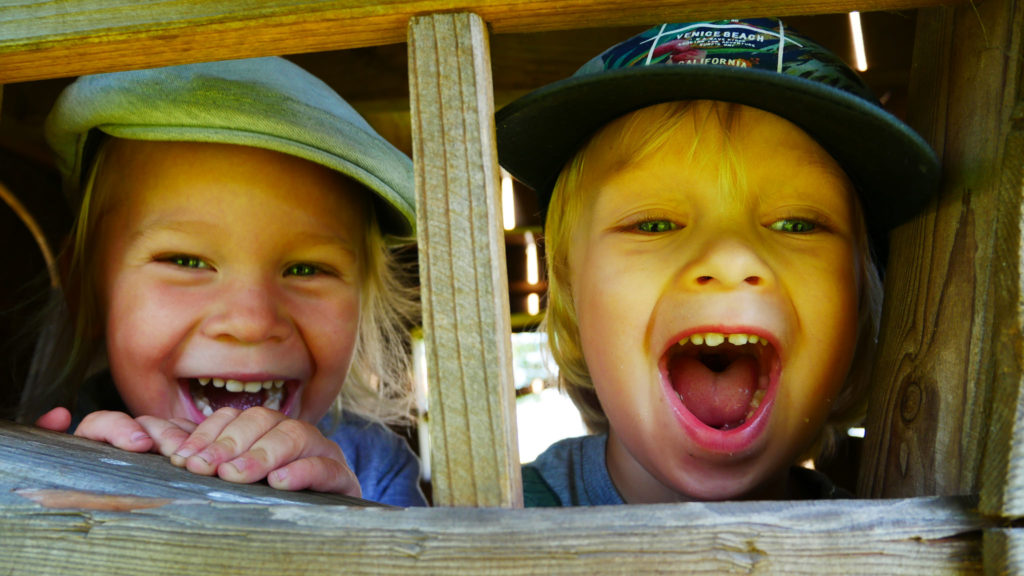
Self-love is the glue that holds your life together. It doesn’t matter what anyone says or does – when you love yourself, you’re never afraid to be yourself, regardless of your circumstances.
In 2014, nearly 15.7 million adults in the US reported suffering from at least one major depressive episode during the year. Eight out of every 100 teenagers also reported suffering from depression.
Self-love is the antidote to depression, and here’s how you can help your kids develop it:
1. Travel abroad with your kids
Kids love adventure, even if they don’t always appreciate the time it takes to get to their destination. One adventure sure to leave a lasting impression on your children is traveling abroad.
Immersing yourself in a new culture is humbling. When you lose yourself in a new experience, you put yourself in the position to learn new beliefs, viewpoints, and even ways of being. The more space you give to understanding other people, the more it comes back to you as self-love.
Allow your kids to be curious about everything. If you notice them staring at someone because of the way they’re dressed, don’t be afraid to walk over to the person and politely let them know your child is curious about who they are. There might be certain cultures in which this wouldn’t be appropriate, so always use your best judgment. If you don’t feel comfortable engaging the locals, you can always do some research on Google when you get back to your hotel room.
Traveling with young kids means you won’t get to do all the “adult stuff” you want to do, and that’s okay. Revel in the fact that your children are experiencing a new culture and enriching interactions with people they wouldn’t meet at home.
2. Let your kids explore their idea of beauty
Beauty isn’t just a physical characteristic, but that doesn’t mean your kids shouldn’t explore it. Allowing them to explore their idea of beauty in the physical world is allowing them to creatively express themselves.
Kids like to explore their world through familiar characters, usually from the latest blockbuster hit. They might explore their idea of beauty with Disney character makeup kits, or nail polish. The characters they love today will be traded in for something new in a few months, and there’s nothing wrong with that.
Just be sure to remind them that true beauty isn’t what’s on the outside. They can use makeup and fashion if it helps them feel good, but don’t let them develop the habit of basing their self-love on their looks. Teach them to use fashion and makeup as a tool for self-expression and creativity, rather than a measurement of beauty and self-worth.
If you prohibit them from exploring the physical aspect of beauty when they’re young, they’ll only covet it more.
3. Foster self-confidence
Confidence is the key to leading a happy, healthy life. It’s the factor that helps people make choices in the face of adversity or opposition. The best thing you can do for your kids is to develop your own self-confidence to set the example for them.
It’s okay if you’re still working on it. If your kids are old enough to understand the idea of self-confidence, have an open conversation with them about it. Being open with your kids about your level of self-confidence will show them you’re human, and that they don’t need to pretend to be confident when they’re not.
Being open will teach them that self-confidence is something to develop, not arbitrarily declare. The last thing you want to do is to pretend you’ve got it all together, because your kids will always know when you don’t.
4. Acknowledge your own mistakes
As a parent, it’s tempting to slip into the role of the adult who has it all together, but in reality, you probably make as many mistakes as your kids.
When you make a mistake, even if it’s small, take the time to acknowledge it. Never ignore or justify your mistakes to your kids. Doing so teaches them to hide their own mistakes and their self-love will diminish. They’ll start feeling guilty or worthless with each mistake. With no example that it’s okay to acknowledge mistakes, they’ll continue to cover them up, feeling even worse about themselves.
The more authentic you are with your kids, the more self-love they’ll develop. They won’t suppress their self-expression and pretend to be someone they’re not.